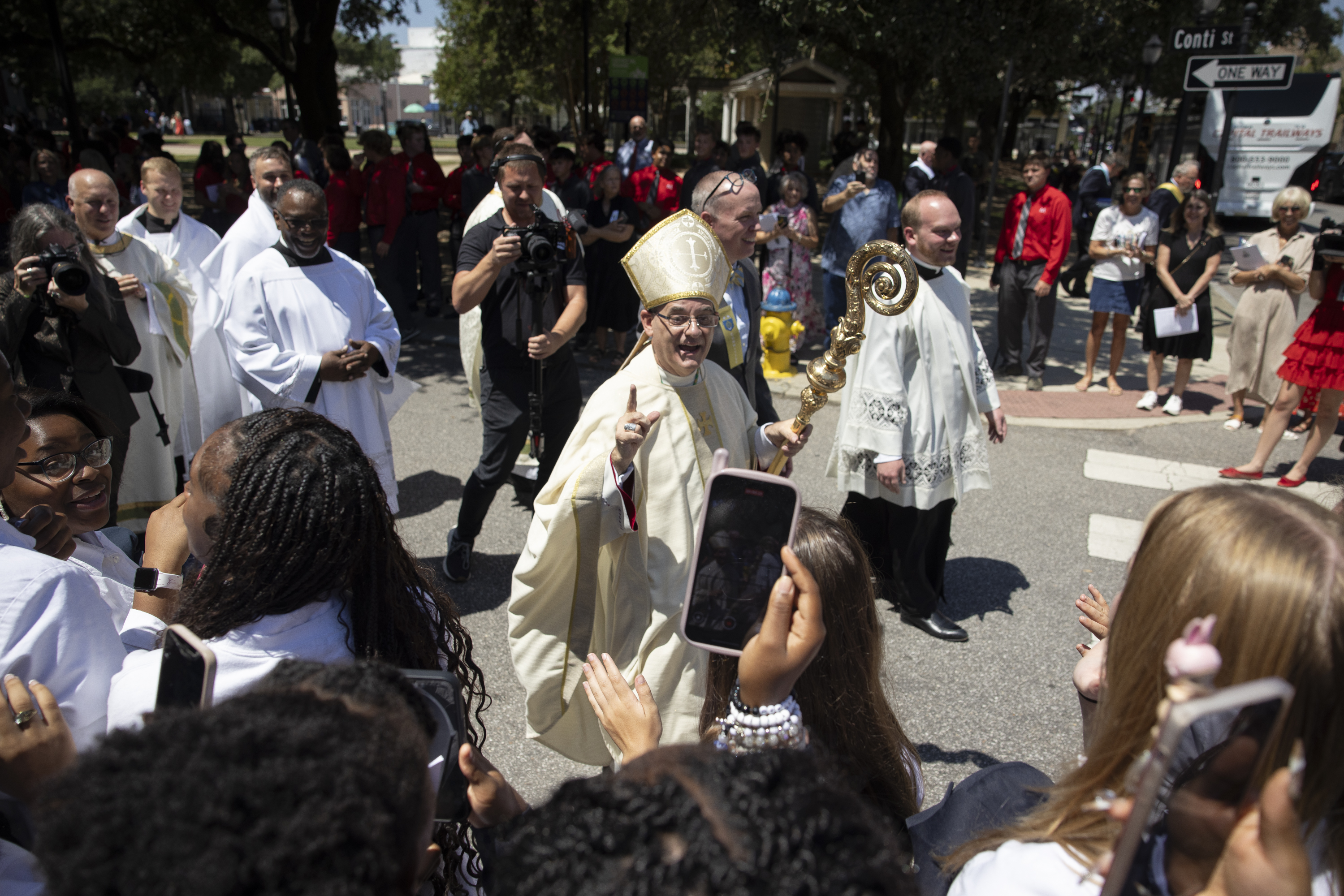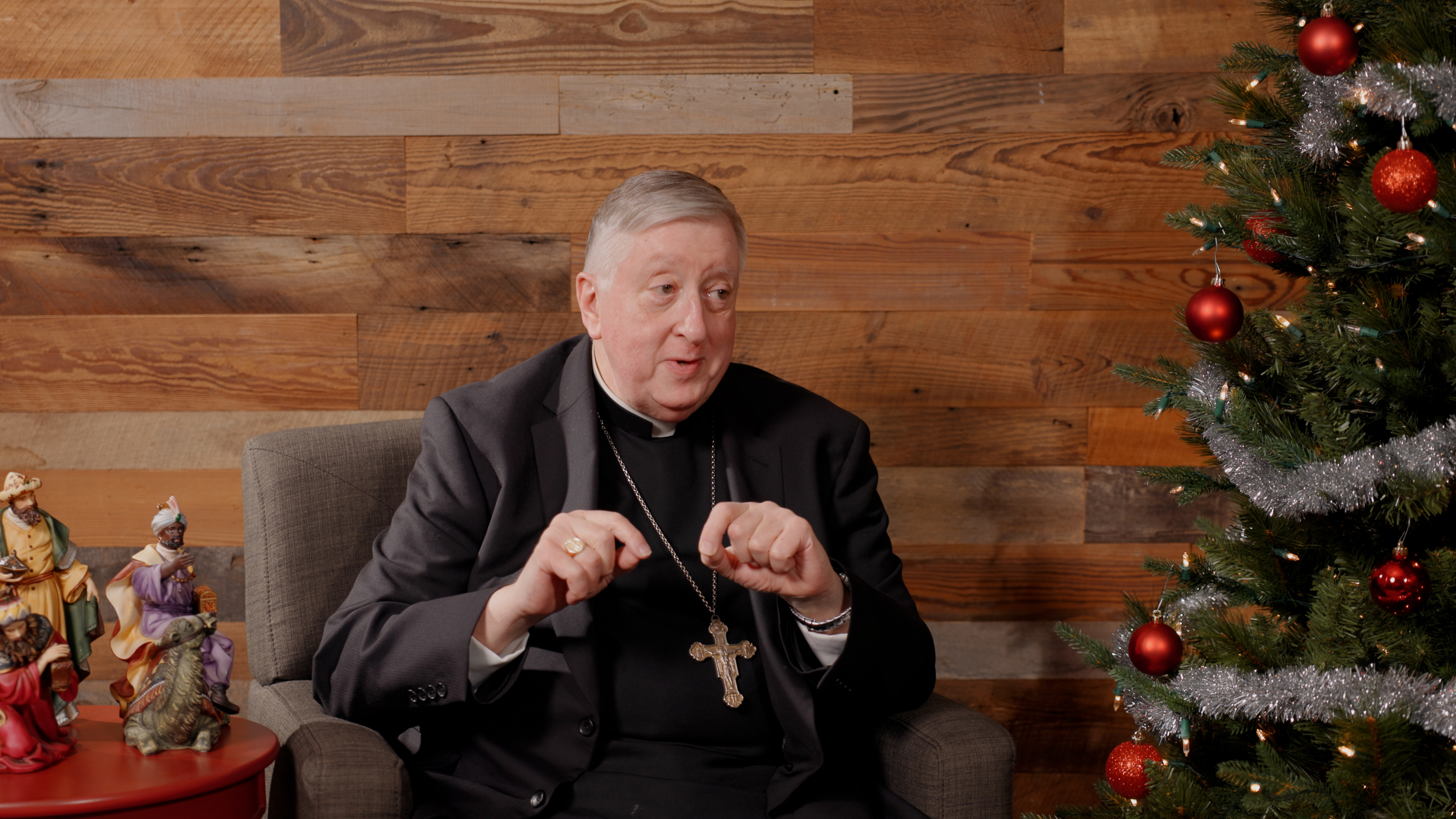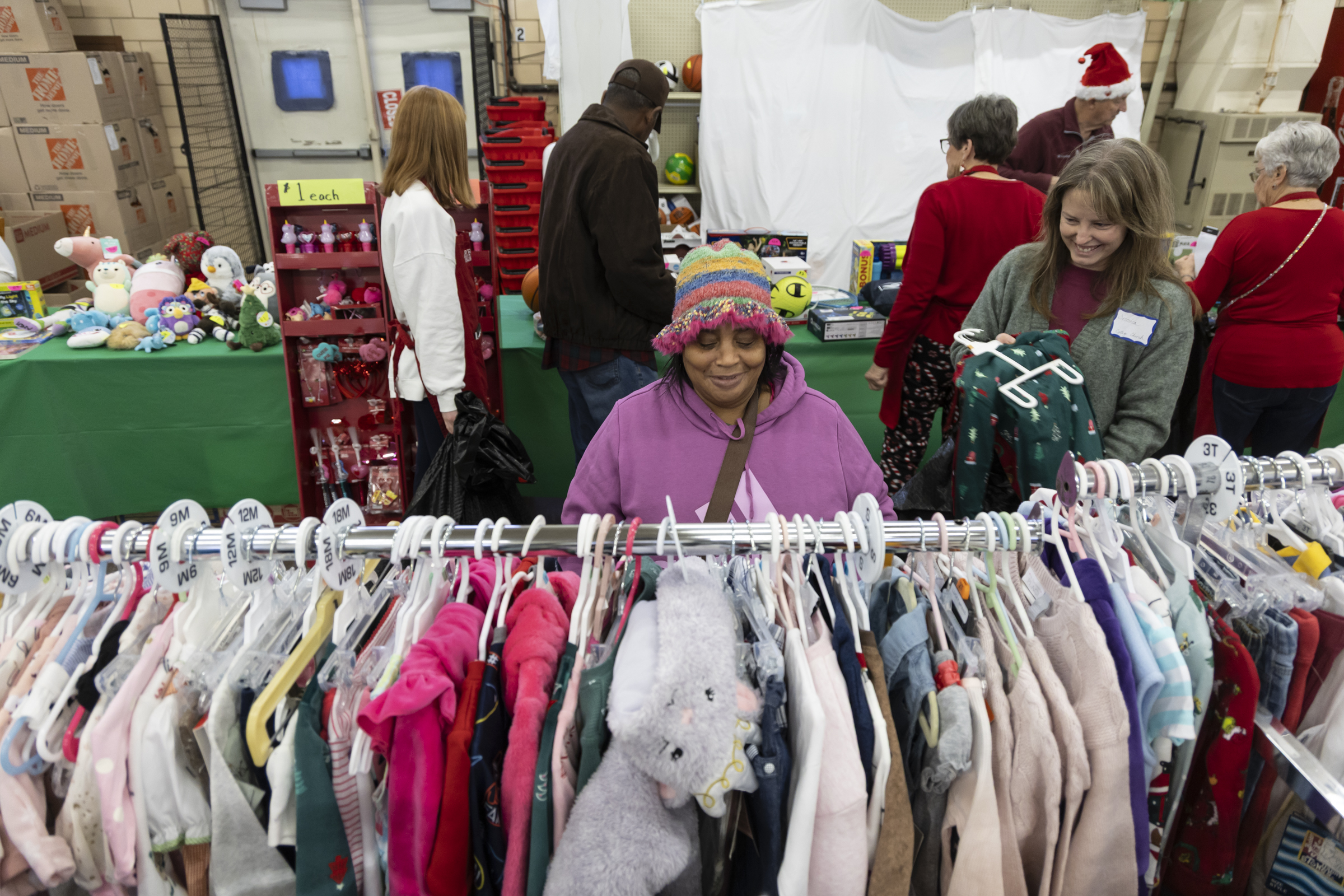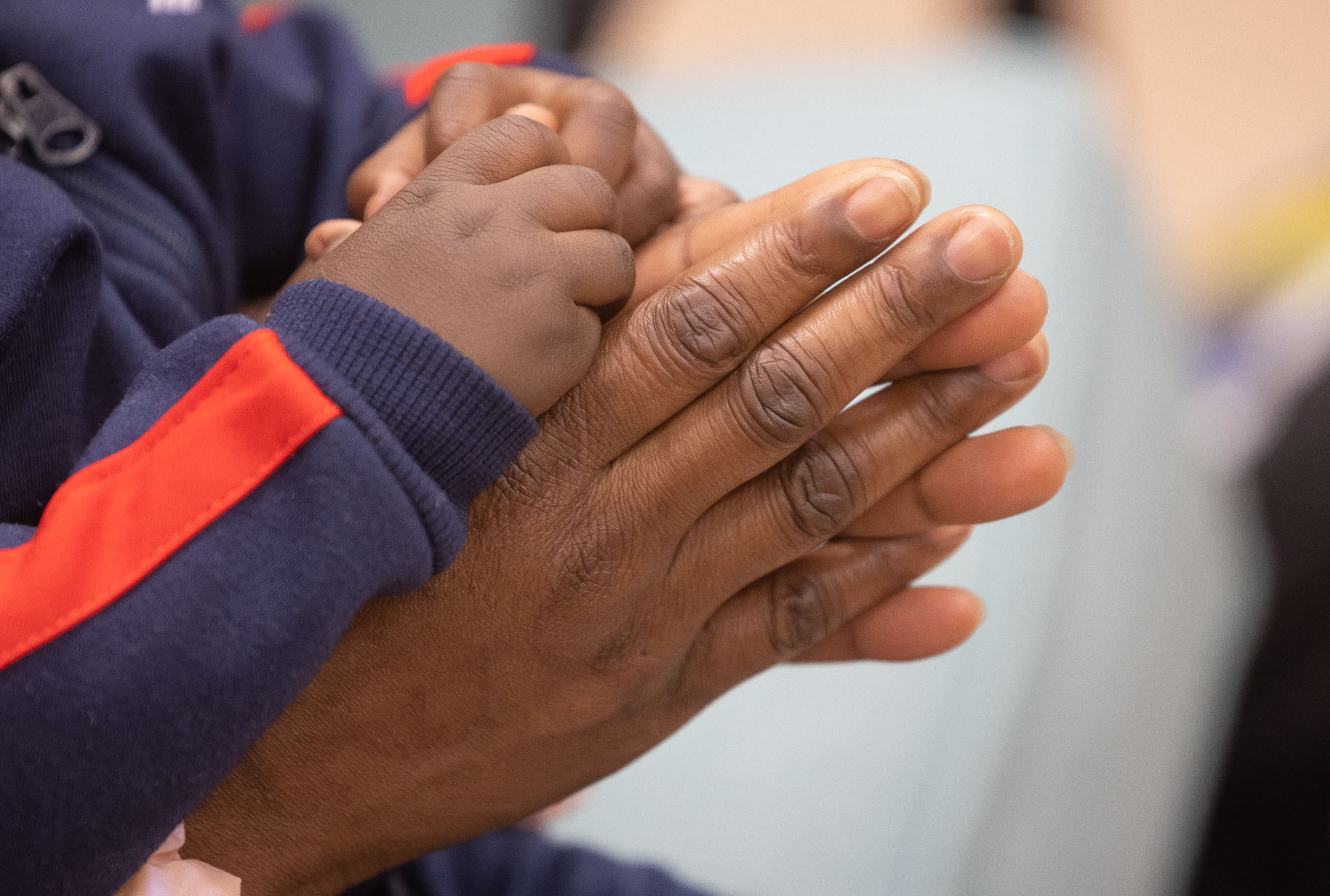Missourians should be poised to address abortion ballot initiative, pro-life leaders say
Susan B. Anthony representative shared lessons learned from other state initiatives
Pro-life leaders are urging people to keep at top of mind a Missouri ballot initiative, which could amend the state constitution to restore legal abortion.
Anticipating a vote in 2024, the four Catholic dioceses of Missouri have formed a coalition with other pro-life groups and Susan B. Anthony Pro-Life America, a national advocacy group, to encourage people to vote “no” on the issue.
Seventeen initiative petitions to date have been filed with the Missouri Secretary of State’s Office, all of which seek to amend the state constitution to allow abortions. A newly-formed group called Missourians for Constitutional Freedom proposed 11 initiative petitions in March. The Secretary of State certified the ballot titles in July, but they have since been tied up in the courts. (An appeals court is expected to hear arguments in two cases Oct. 30.)
A separate group, the Missouri Women and Family Research Fund, also proposed six initiative petitions in August. The Secretary of State’s office has not yet certified the official ballot titles on those six.
Susan Liebel, Susan B. Anthony’s Midwest regional director, joined a panel discussion Oct. 15 at the archdiocesan Respect Life Conference, where she spoke about lessons learned from other states’ initiatives to restore abortion access.
“What they want to do is overturn all pro-life laws in that state, insert late-term abortion in that state and eviscerate all of the common sense laws that you have worked so hard for: waiting periods, and informed consent and parental consent for minors,” she said. “No more guard rails, no more health and safety standards for women.”
Once a ballot summary is approved in Missouri, signatures will need to be collected from 8% of legal voters in six of the state’s eight congressional districts by May 5, 2024. If the group collects enough signatures, the measure will appear on the ballot on Nov. 5, 2024.
Liebel said that first and foremost, those advocating against the ballot initiative must define the message and do it quickly, especially once the ballot summary has been approved. After 50 years of abortion under Roe v. Wade, 72% of Americans believe in some limits on abortion, according to Susan B. Anthony.
We cannot assume that we’re going to have enough pro-life voters to vote “no,” she told conferencegoers. “We’re going to have to make an appeal to different audiences. Right now is not the time to win hearts and minds. Right now is the time for people to vote ‘no’ on the ballot question.”
A ballot measure in Ohio, which will be decided Nov. 7, would add legal protections for abortion in the state’s constitution, allowing patients to make their own reproductive decisions, including birth control, fertility treatment, continuing a pregnancy, or abortion and miscarriage care up until viability (around 22-24 weeks).
The language also would eliminate parental consent, which Liebel said may resonate with some voters moreso than the issue of abortion itself. In Missouri, “once we do have what the question’s going to be, we’re going to need to poll on that and see what those different audiences are going to be,” she said.
It will be critical to have a unified campaign, Liebel said. Ballot summaries do not include all of the wording of the proposed amendment and can be confusing to the average voter, especially if they have not done their research. In Michigan, abortion proponents had a unified campaign, whereas the other side was uncoordinated with siloed messaging, Liebel said.
“This is not the same thing as trying to pass a law in the statehouse, or even get a candidate elected,” she said. “This is an inanimate concept that will have a life of its own. Everybody has to repeat the same message over and over. You don’t want to confuse voters.”
Liebel told conference attendees that even without a certified ballot summary, they can start now by telling others about what’s coming around the corner and to tell them they should “decline to sign” the ballot petition. Speaking about the issue within our parish communities is a good place to start, she added.
“We don’t know what the question is going to be, so it’s a little too soon for that,” she said. “But we know it’s going to be ‘no,’ however it’s written.”
>> Preparation for ballot initiative
The archdiocesan Respect Life Apostolate is working with a coalition of pro-life groups, including the Missouri Catholic Conference and the bishops of the four Missouri dioceses and Susan B. Anthony Pro-Life America, to prepare for the anticipated ballot initiative. For the most up-to-date information, see stlrespectlife.org.
>> Ohio ballot initiative
In just two weeks, Ohio voters will decide on Issue 1, a ballot measure that would amend the state constitution to add legal protections for abortion.
The proposed amendment would guarantee a constitutional right to abortion and other reproductive issues, including contraception, miscarriage care and fertility treatments. Voters will head to the polls Nov. 7.
The Catholic dioceses of Ohio are part of a coalition pressing for a “no” vote on the proposed amendment. “The Church must not be silent and cannot remain on the sidelines when confronted with such a clear threat to human life,” the bishops of Ohio wrote in a letter soon after the ballot summary was approved earlier this year. “This proposal demands a response, and we strongly encourage Catholics and all people of good will in Ohio to … vote against the amendment to prevent countless deaths of preborn, innocent children.”
The Catholic Conference of Ohio began informing voters in Catholic parishes and schools through numerous resources, including fliers, bulletin announcements, voter registration event information and suggested prayers. One of those resources is a handout that explains in detail how the amendment language threatens parental rights, puts women at risk and allows abortion through nine months of pregnancy.
The Catholic Church in Ohio also is among numerous groups supporting Protect Women Ohio, a statewide coalition of more than 50 family and life leaders, parents, health and medical experts and faith leaders. “I can’t stress (enough) the importance of being unified on something like this,” said Brian Hickey, executive director of the Catholic Conference of Ohio. “Most (pro-life) groups have come together in Ohio and we’ve been able to have a unified message. Our general concern is that this amendment goes too far and is too extreme.”
Peter Range, CEO of Ohio Right to Life and founding board member of Protect Women Ohio, encouraged Missourians not to wait to get the word out, even if the ballot summary has not yet been approved here. Ohio organizers learned a lesson from a similar ballot initiative in Michigan (which voters approved in 2022), where Range said pro-life leaders didn’t get the message out soon enough.
“In March of this year, before we knew there were enough signatures, we started a $5 million ad campaign,” Range said. “We learned that you need to handle the issue from the very beginning: what’s in the amendment and how to approach it.”
He also stressed the importance of securing a voter base from within before taking the message elsewhere. “We have a tendency to say we have to reach people … but we have to convince people in the pews first before you go outside them,” he said.
Pro-life leaders are urging people to keep at top of mind a Missouri ballot initiative, which could amend the state constitution to restore legal abortion. Anticipating a vote in 2024, … Missourians should be poised to address abortion ballot initiative, pro-life leaders say
Subscribe to Read All St. Louis Review Stories
All readers receive 5 stories to read free per month. After that, readers will need to be logged in.
If you are currently receive the St. Louis Review at your home or office, please send your name and address (and subscriber id if you know it) to subscriptions@stlouisreview.com to get your login information.
If you are not currently a subscriber to the St. Louis Review, please contact subscriptions@stlouisreview.com for information on how to subscribe.







